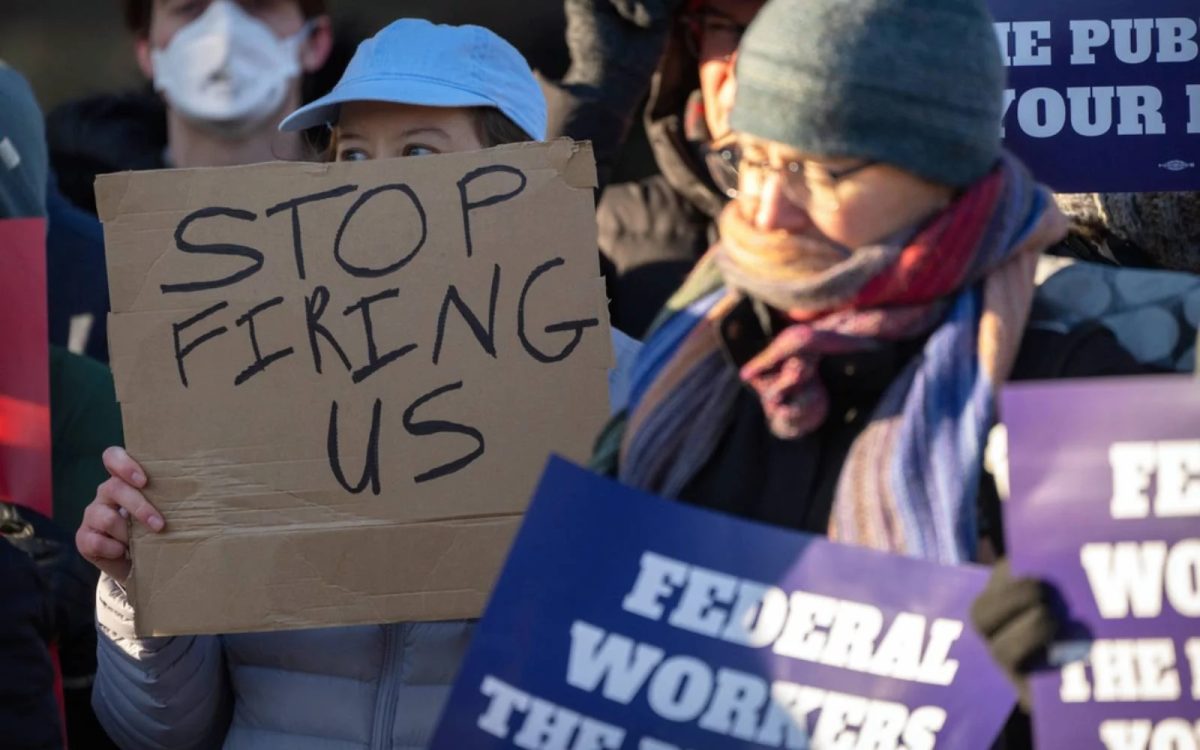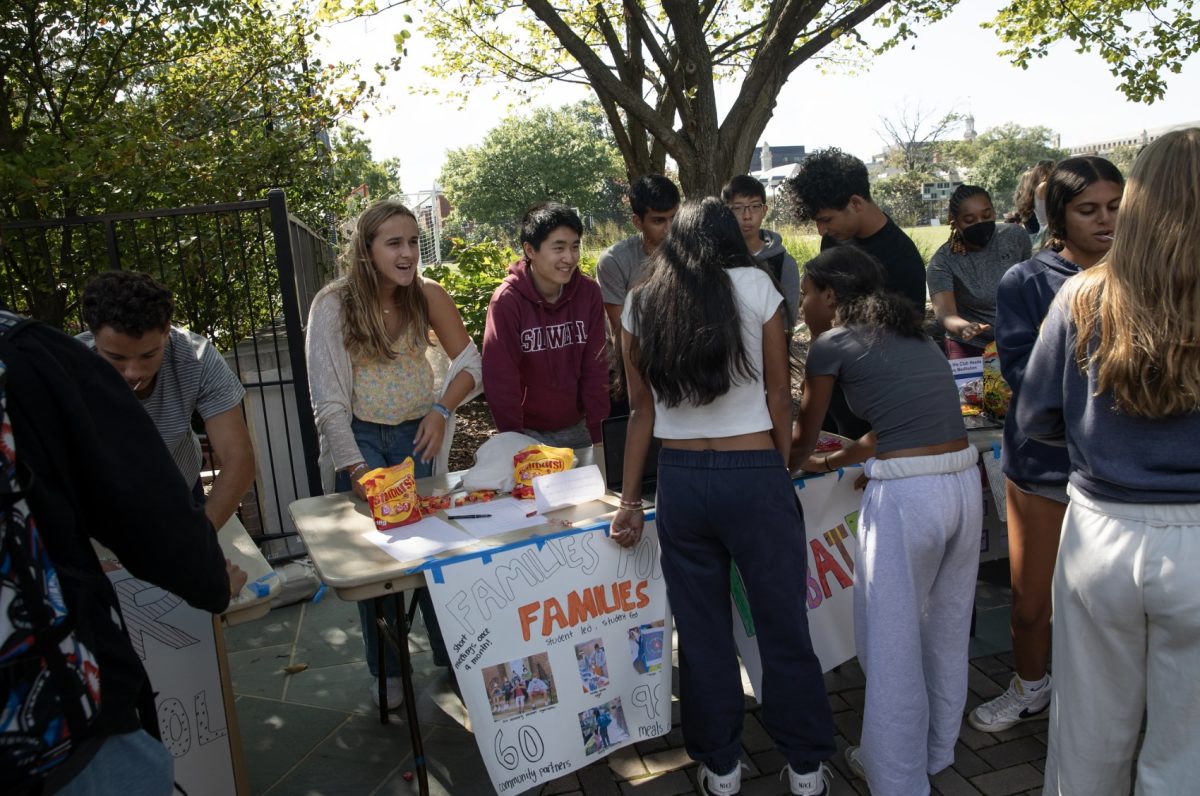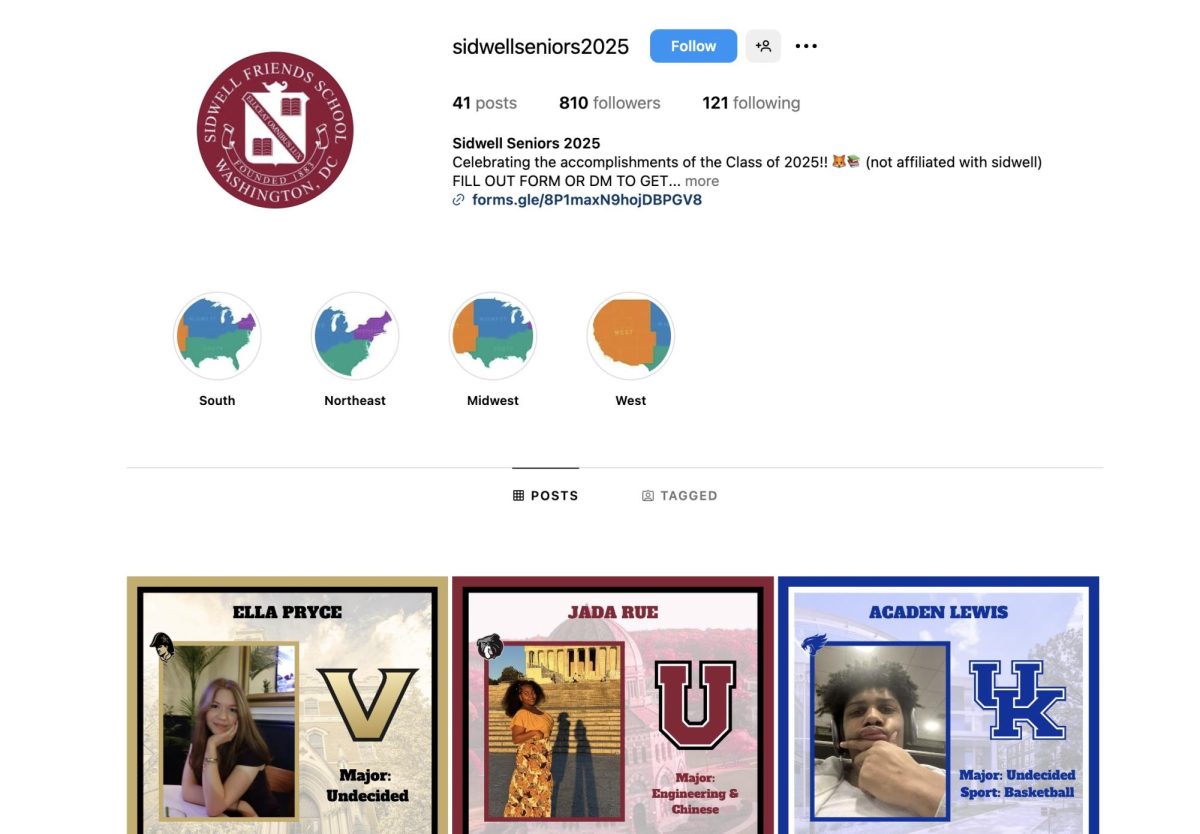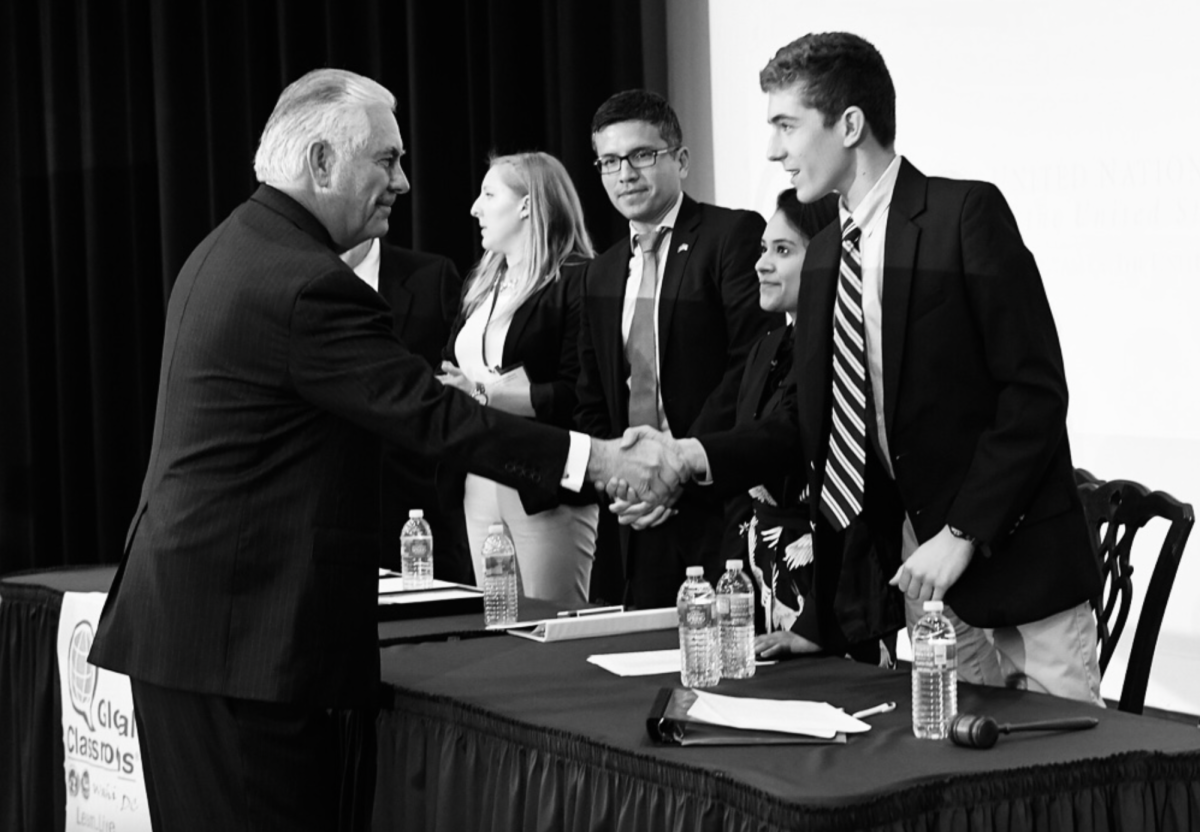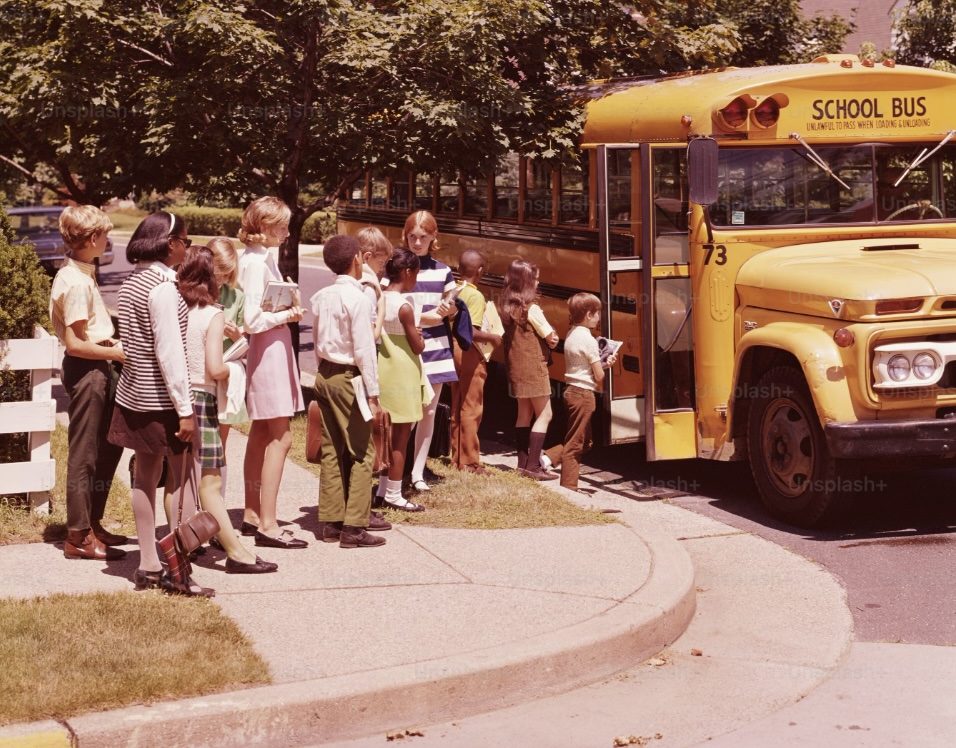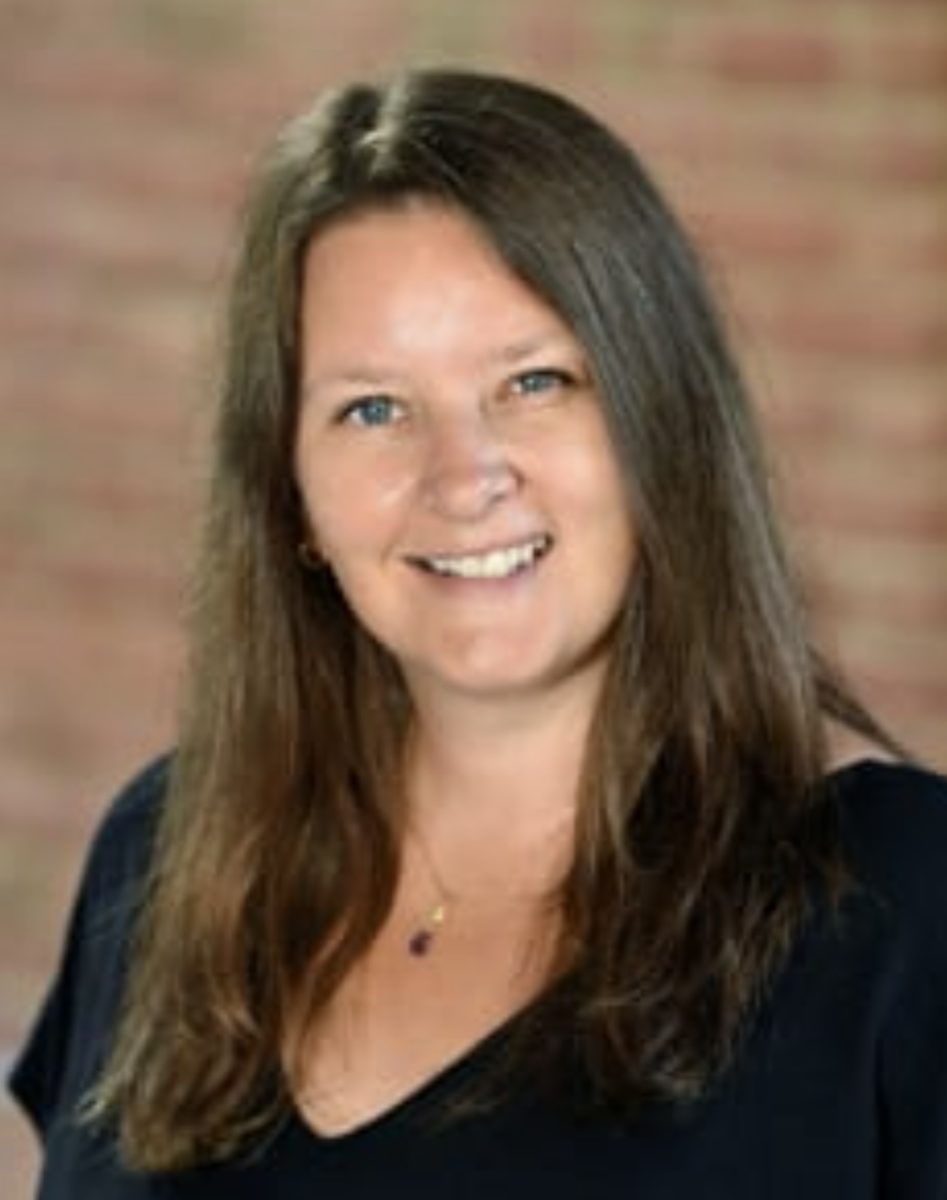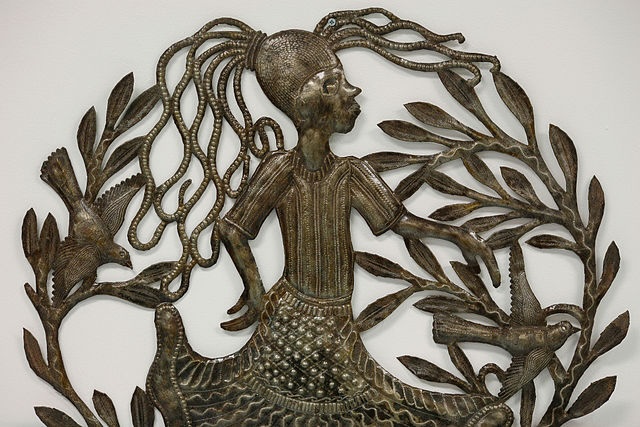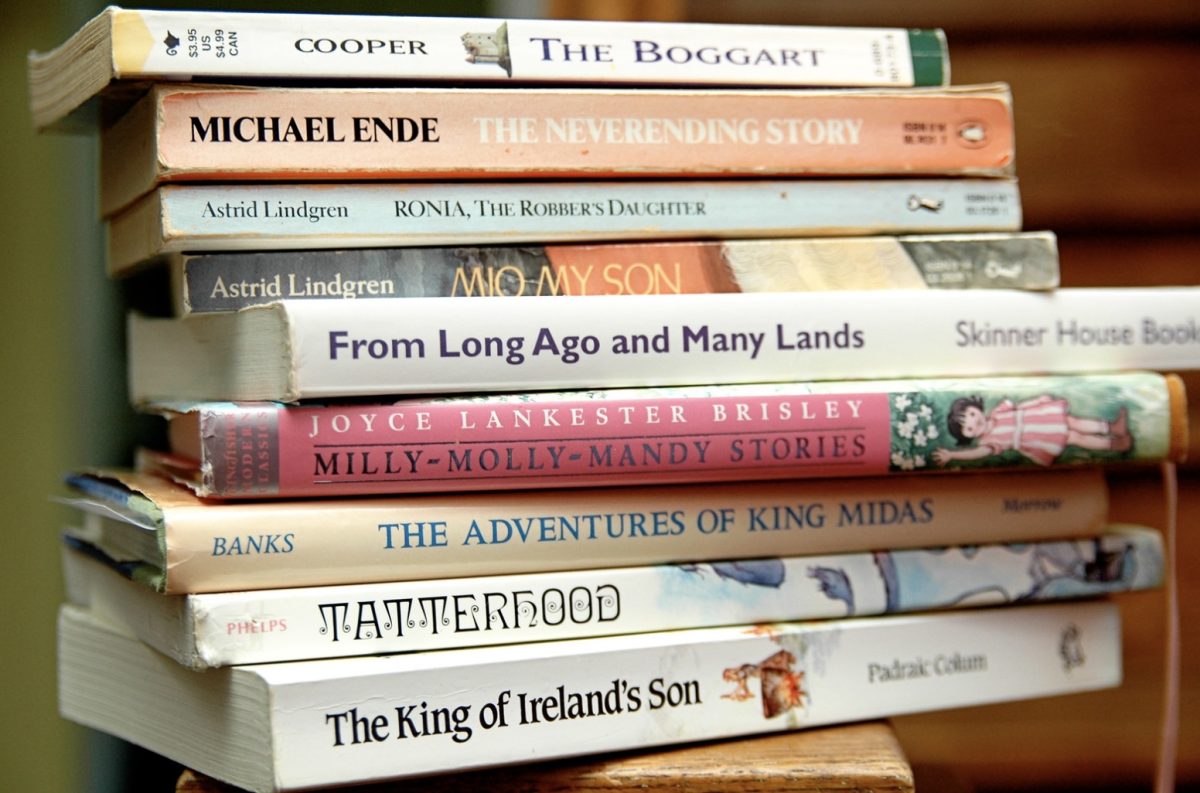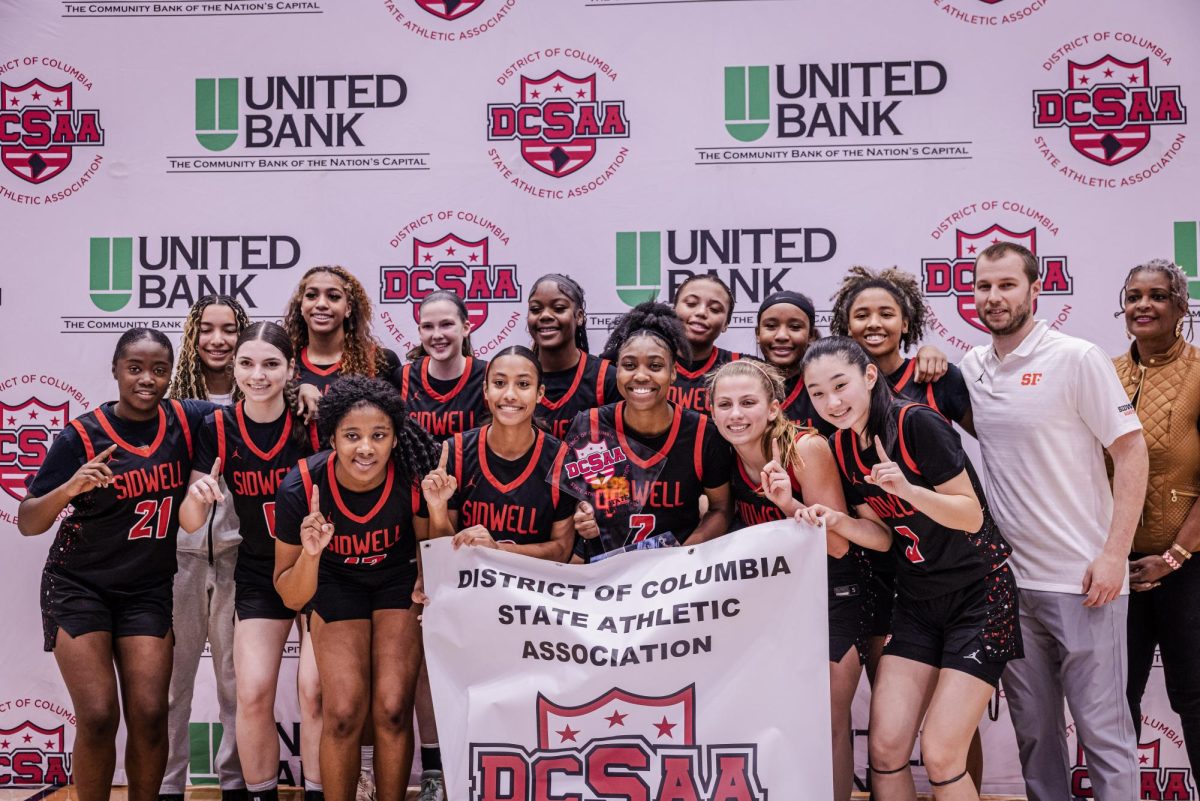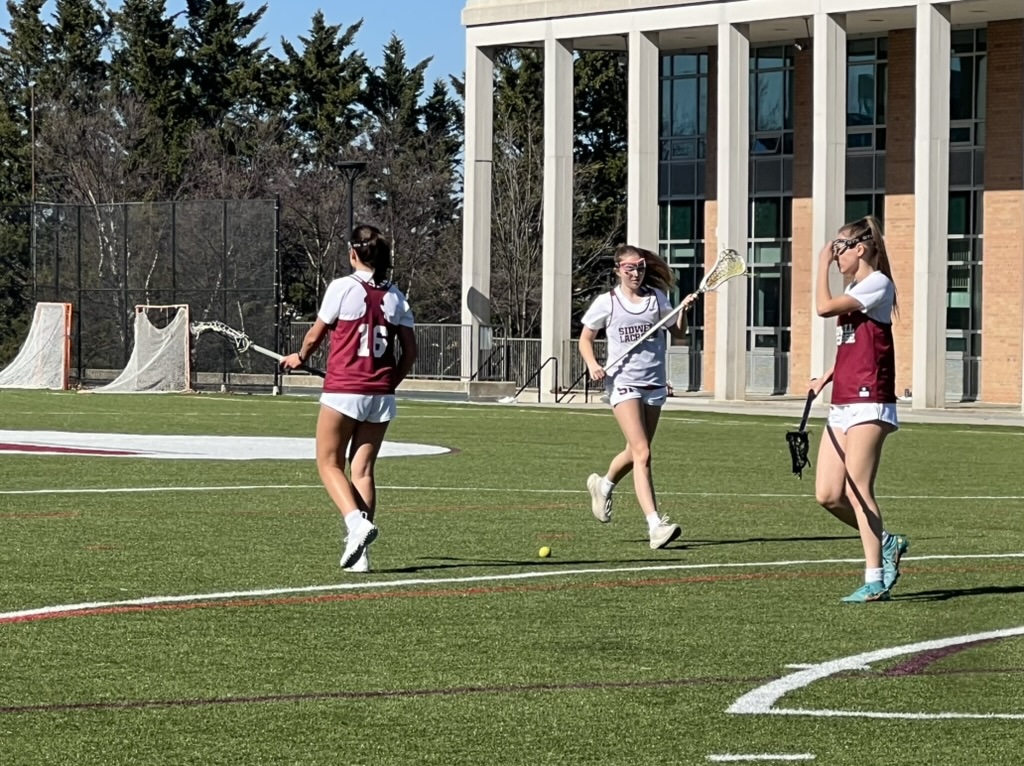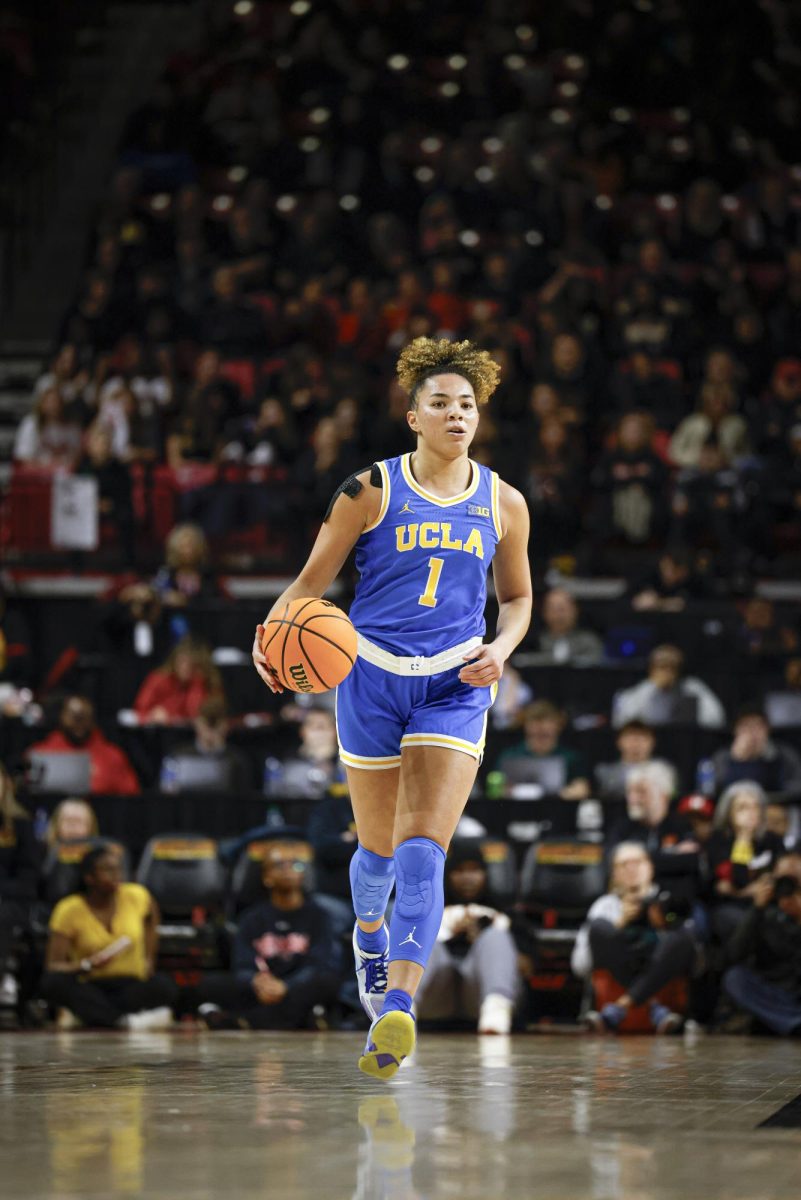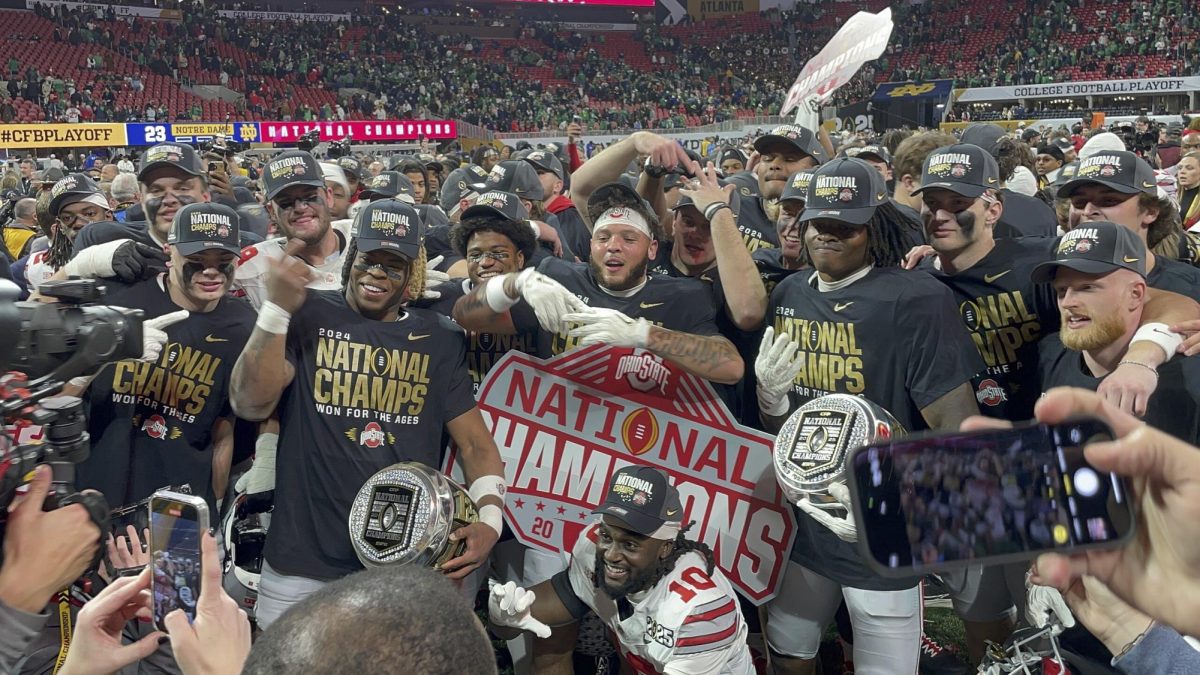At lunch on Feb. 19, language club heads and teachers joined together to lead language tables where students, faculty and staff could spend lunch improving their fluency. Tables were organized for Spanish, French and Chinese. The event brought back a pre-pandemic tradition that community members of all fluency levels could enjoy.
While this tradition is a returning one, slight changes were put into place. Before the shutdown, clubs hosted individual language tables in classrooms, which led to lower participation and awareness. With the groups now meeting in the cafeteria, many more community members feel incentivized to join — even at a table for a language they don’t know. For instance, not only French-learning students were at the French table; many students switched between multiple language tables to meet as many people as possible and try out different languages.
Language Department Chair Qihui Tang said that she recently realized many faculty members around her were individually learning new languages and showed great interest in participating in language tables. While in the past, this activity was more focused on student discussions, relocating the language tables to the cafeteria made it more inclusive to faculty and staff.
Tang also highlighted one of her favorite aspects of this year’s language tables: that it was student-led, allowing club heads to build leadership skills and come together with other clubs to organize a joint activity. Tang further mentioned that she hopes these tables help students realize that “learning a language is not just an academic course, but it’s a life skill that we hope students continue to develop and work on.”
After the success of the first language table, club heads met and discussed adding more languages to the selection, including Italian and Latin. This would once again allow students and faculty to share their culture to one another and create a more diverse, integrated community.
Students who participated in the language tables described it as an exciting and positive experience. “It was inclusive and nice to see how many people spoke the same language, since we typically don’t speak anything other than English to one another,” said Freshman Victoria Wang.
Language tables “opened up new perspectives and [were] a unique opportunity to make new friends,” said freshman Nora Chang, “Even though some knew the language better than me, everybody was really nice and we were able to build off of one another’s knowledge.” Students gained a better grasp of the language by talking to others in a higher level class or teaching those new to the language.
Language enrichment opportunities are important to celebrate the talents that students have, motivate them to continue to develop the language skills they have started to build a good foundation for, and inspire students to start learning a new language. The language club heads plan on doing language tables once a month and hope that they will become a long-lasting tradition.

